State of Sustainable Ag Report 2022
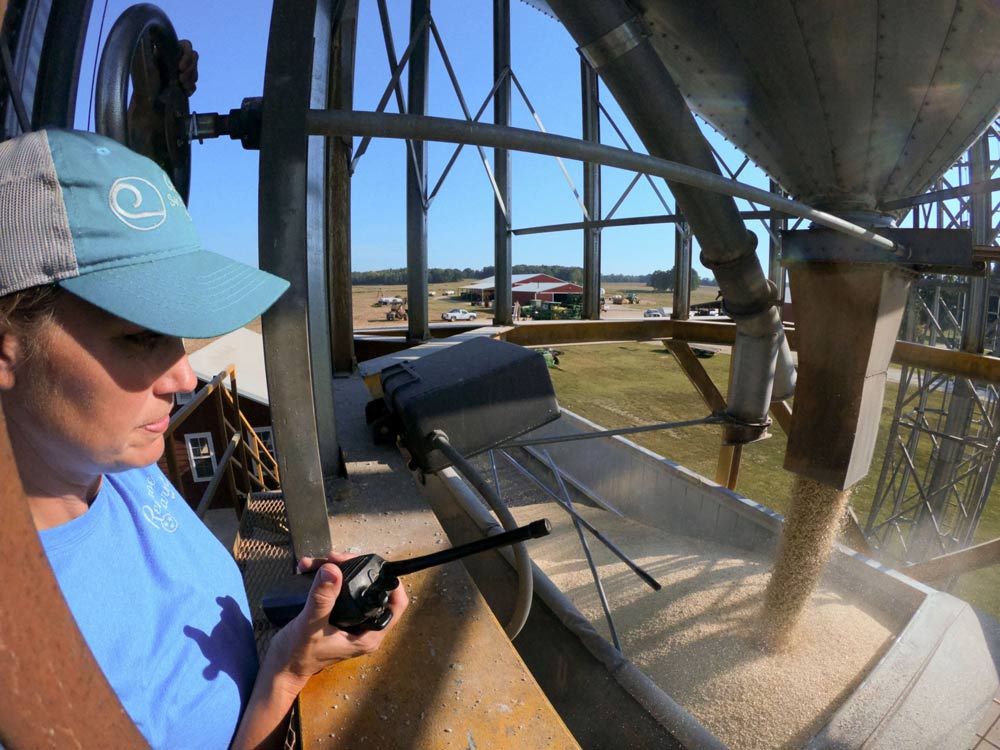
Our new report in collaboration with Field to Market provides actionable insights on the complex web of influences that shape producer decision making as it relates to sustainable agriculture in 2022. We surveyed 542 row-crop farmers of all sizes from across 45 states to understand their perspectives on the barriers they face in making on-farm […]
Building Farmer Peer Learning Networks
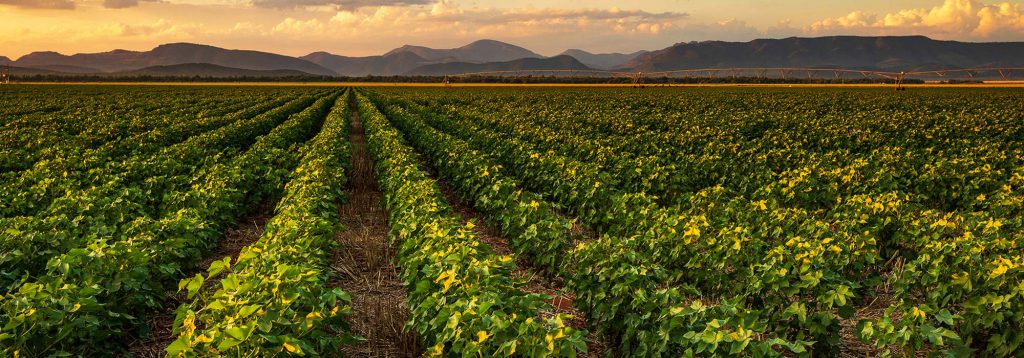
THE ISSUE: How to best leverage farmers’ most trusted and preferred way of learning to increase conservation? Research consistently demonstrates that farmers learn best from other farmers, whether the subject is inputs for row crops, thoughts on winter-calving, or whether or not to trial new conservation agriculture techniques. Trust in Food research reveals that most […]
Farmer Perceptions on Water
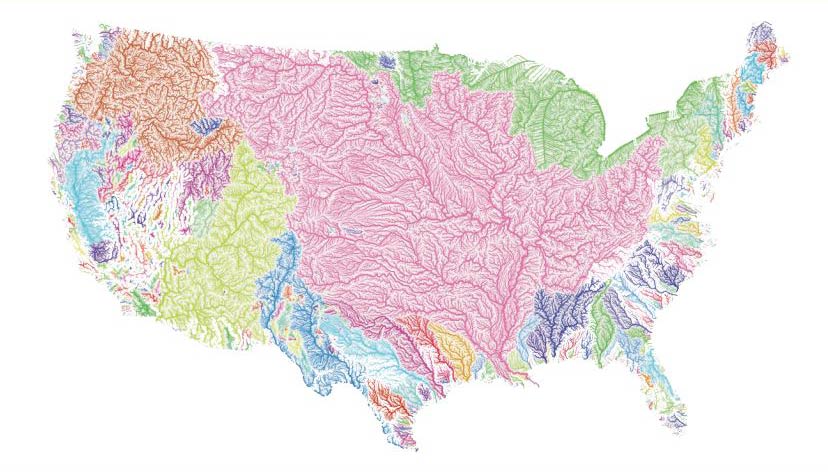
“Without water there is no food.” – Nebraska farmer Of those top five risks facing humanity, water challenges are central to four of them, according to the World Economic Forum’s Global Risks 2019 report. Agriculture plays an important role with water. One pathway to addressing and mitigating water challenges is to engage farmers to continuously […]
Farmer Perspectives on Data
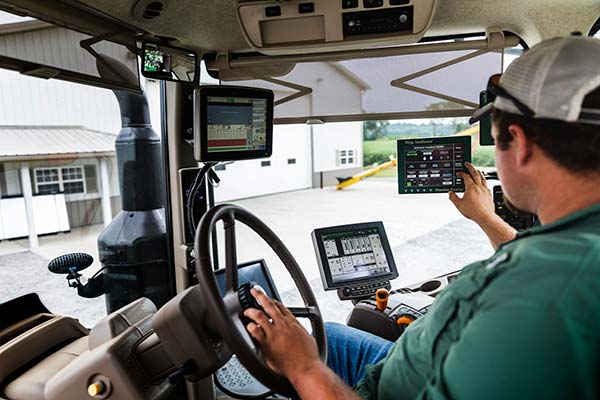
Several challenges prevent farmers from collecting and sharing data on their production practices with downstream supply chain organizations, such as food companies and retailers. This project undertook research in collaboration with The Sustainability Consortium to understand farmer perspectives around these challenges and makes informed recommendations on how organizations can adapt their programs to farmer needs. […]
Regenerative Spotlight Series

A storytelling partnership with General Mills to highlight the first hand experiences of three farmers who are using regenerative farming principles in their operations. Trust In Food has collaborated with General Mills to provide farmers in their supply chain across the U.S. with a platform to share their experiences in regenerative ag – what has […]
Empowering Peer Groups to Thrive
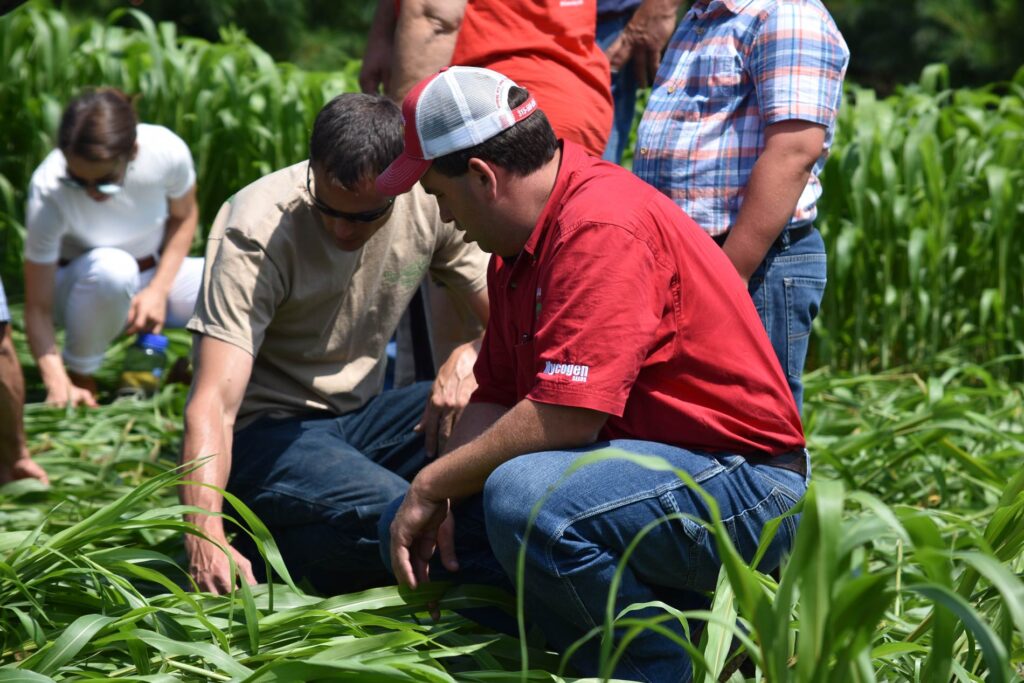
An education and outreach program with The Nature Conservancy to empower peer groups in the Great Lakes region to improve their nutrient management practices. THE ISSUE: Peer to peer learning networks are effective in driving change but need support to do so Across the board, research shows that farmers learn best from and are most […]
The State of Sustainable Ag
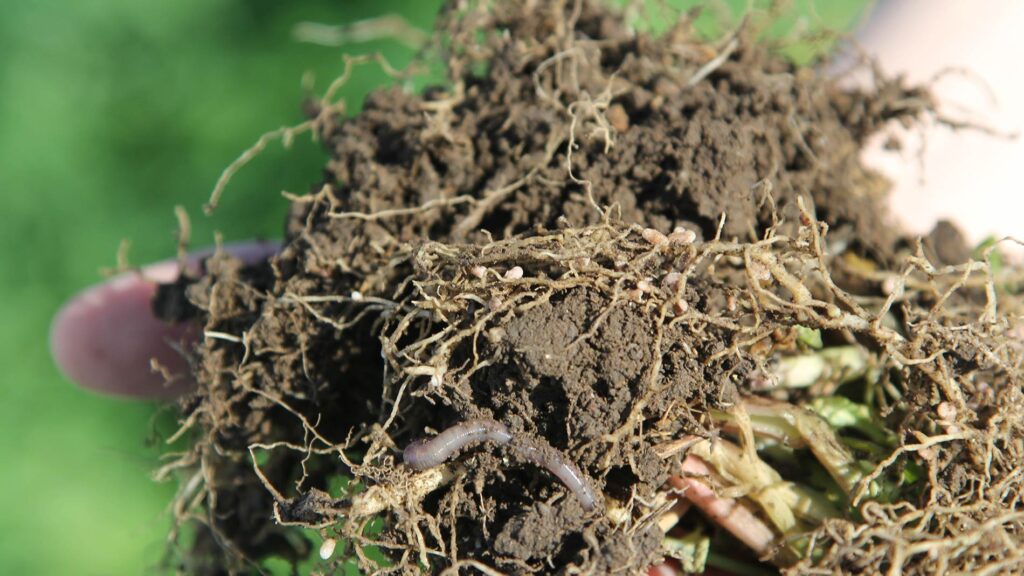
An ongoing research collaboration with Field To Market to identify production trends and farmer perspectives in conservation farming. THE ISSUE: Understanding farmer perceptions around sustainable ag is a critical need Knowing how farmers understand, value, and perceive sustainable production practices is essential to good programming. OUR SOLUTION: Annual survey of farmers We collaborated with Field […]
Ag Targets

A partnership with the University of Montana, Stroud Water Research Center, and National Fish and Wildlife Foundation using behavioral data to improve how conservation messaging is delivered. THE ISSUE: Reaching farmers at scale with the right message One of the primary challenges conservation outreach campaigns face is the juxtaposition between available investment dollars and the […]
Rental Relationships with Non-Operating Landowners

A collaboration with The Nature Conservancy (TNC) to empower landowners and their tenants to collaborate more effectively on conservation activities. THE ISSUE: Farm rental relationships are a barrier to conservation A significant amount of farmland in the U.S. is rented by a farmer rom a non-operating landowner. In the Midwest 62% of farmland is rented, […]
Activating the Raccoon Watershed

A partnership with Iowa Soybean Association and National Fish and Wildlife Foundation to scale the number of on-farm consultations made by local conservation coordinators. THE ISSUE: Resource constraints limit conservation consultations Conservation partners across the Raccoon watershed in Iowa face resource constraints that limit their ability to meet with farmers to generate demand for conservation […]